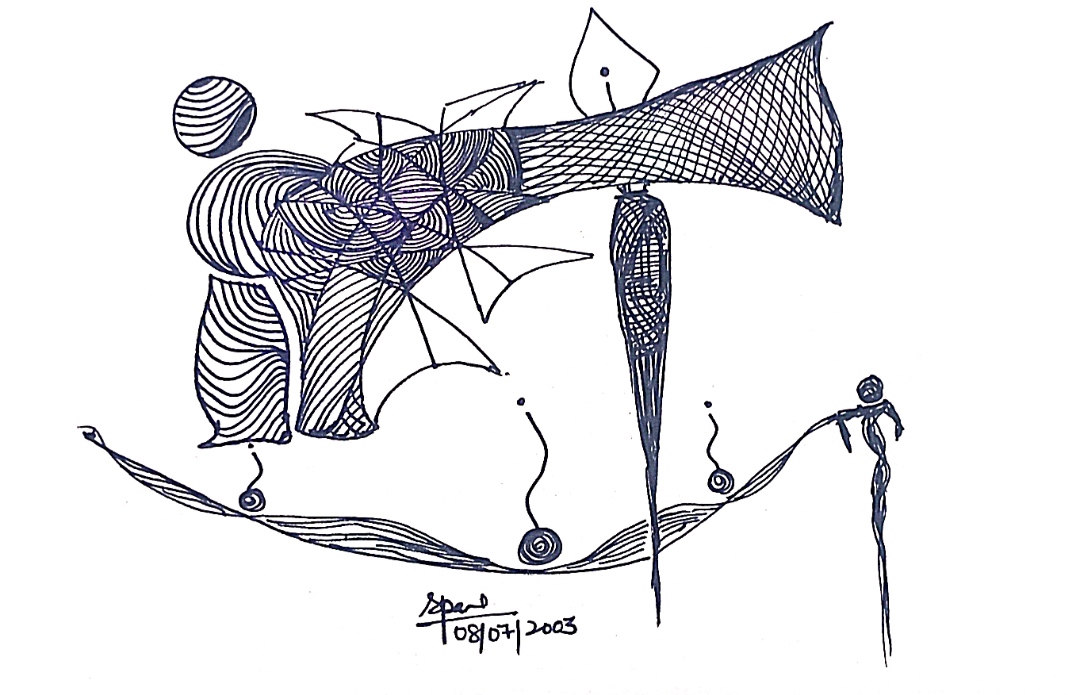

* All the legal application should be filed in Kerala, India, where the Kritya Trust is registered.


Rituu-samhaara-KALIDASA,
KALIDASA, (kaalidaasa), India’s greatest Sanskrit poet and dramatist. In spite of the celebrity of his name, the time when he flourished always has been an unsettled question, although most scholars nowadays favor the middle of the 4th and early 5th centuries A.D., during the reigns of Chandragupta II Vikramaaditya and his successor Kumaaragupta. Undetermined also is the place of Kaalidaasa’s principal literary activity, as the frequent and minute geographic allusions in his works suggest that he traveled extensively.
Numerous works have been attributed to his authorship. Most of them, however, are either by lesser poets bearing the same name or by others of some intrinsic worth, whose works simply chanced to be associated with Kaalidaasa’s name their own names having long before ceased to be remembered. Only seven are generally considered genuine.
Rituu-samhaara, (Seasonal Cycle), a poem describing the six seasons of the year in all their changing aspects.. It is a genuine work of Kaalidaasa, must surely be regarded as a youthful composition, as it is distinguished by rather exaggerated and overly exuberant depictions of nature, such as are not elsewhere typical of the poet. It is of tangential interest, however, that the Ritusamhaara, published in Bengal in 1792, was the first book to be printed in Sanskrit.
*
The burning sands emit furious heat
afflict the snake, with lowered hood panting,
speeding with crooked creep aggrieved.
Behold ! the snake now with fear no more,
Rests in the shade, at his enemy peacock’s feet.
*
Malignant heat makes the thirst more acute
and now the king of the jungle of prowess famed,
Forgetting his valour pants perturbed,
Open-mouthed, dangling – tongued, with
quivering manes,
And kills not the nearby elephants too.
*
Beneath the parasols of the unshrivelled hoods
Sweltered and thirsty
dry throated huge elephants,
To come by cool showers—
just a few drops of water,
Overcoming the fright of the lion
glide about him with no more fear.
*
Beneath the parasols of the unshrivelled hoods
of the thirsty cobras
now fearless muddy frogs rest
emerging from the ponds.
Joggling thirsty elephants with quick impact
pull out the lotus pedicels and stalks,
frighten the fishes and cranes,
and puddle the water of the pool
with splatter dash.
*
With his shineless jewel1
in the blaze of the sun,
the coiled up, giddy tongued snake
breathes hard,
and no more swallows the thirsty frogs.
*
With upraised heads and nostrils wide,
bloody dangling tongues and foamy mouths,
the thirsty herds of buffaloes
emerge from the caves of the hills
in search of water,
And leave behind the hovering hoof-crushed dust.
*
Scorched by the blaze,
with thirst unquenched,
the parched – throated deer with swift feet run,
The blue of the sky and the forest’s end
are the mirage once and again and again.